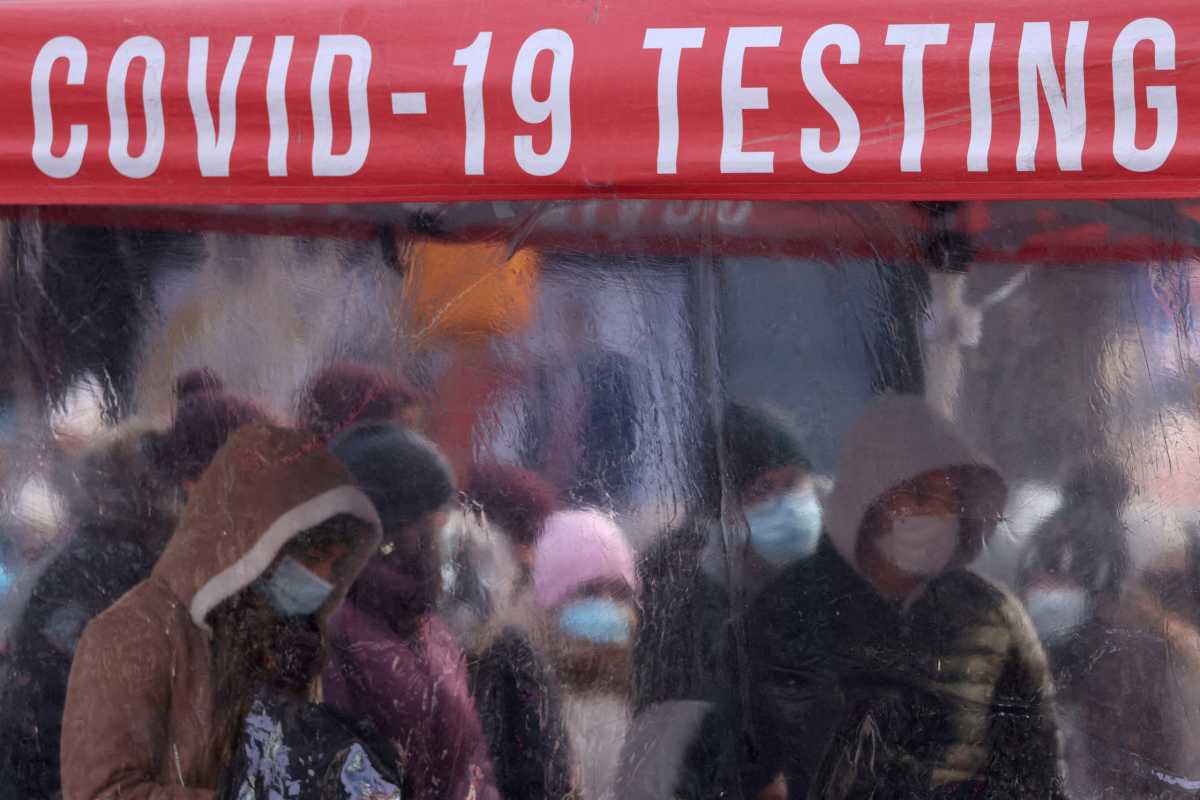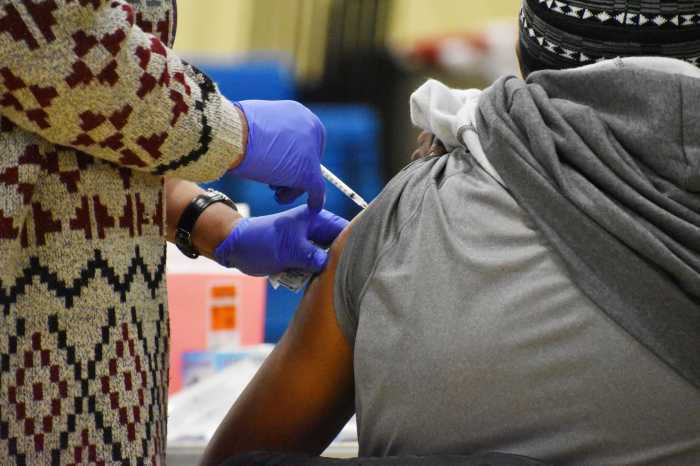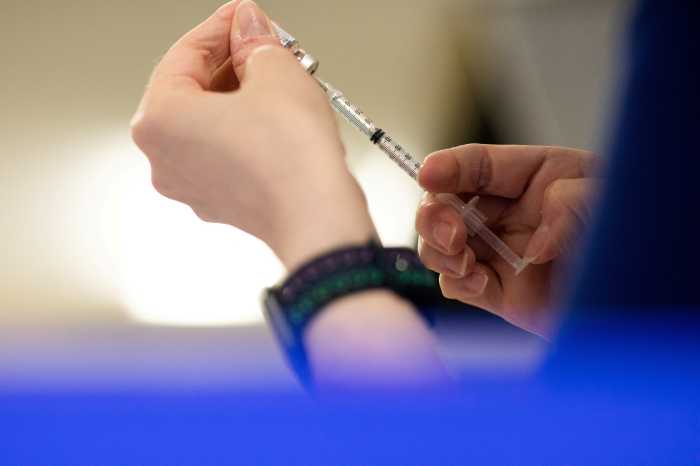By Nancy Lapid
The following is a summary of some recent studies on Covid-19. They include research that warrants further study to corroborate the findings and that has yet to be certified by peer review.
Coronavirus infection raises risk of mental health issues
Psychological stress from the pandemic may be widespread, but those who have had Covid-19 are at much higher risk for new mental health problems than individuals who have managed to avoid the virus, according to a new study.
Researchers compared nearly 154,000 people who survived at least a month after a SARS-CoV-2 diagnosis to more than 5.6 million peers without prior Covid infections. Over the course of one year, infection survivors were at 35% higher risk of new anxiety disorders, 39% higher risk for new depressive disorders, 55% higher risk for new use of antidepressants, 34% higher risk for a new opioid use disorder, and 20% higher risk for a new non-opioid substance use disorder. They were also at 80% higher risk for newly detected neurocognitive decline and 41% higher risk for a new diagnosis of sleep disorders. The risks for these problems “were increased even among people who were not admitted to hospital” but were highest among those who had been hospitalized for Covid-19, the researchers reported in The BMJ.
“To all the people who are suffering from one or more of these conditions: you are not alone,” said study leader Ziyad Al-Aly of Washington University in St. Louis. “Seek help. It is always better to get these things identified and treated early.” The problem needs attention from policy makers and governments “before it balloons into a much larger crisis,” he said.
Omicron subvariant not making people sicker in South Africa
The BA.2 version of the Omicron variant of the coronavirus, while potentially more transmissible than its BA.1 predecessor, has not led to more hospitalizations or more severe disease in South Africa, researchers have found.
Using national databases to track patients diagnosed with COVID-19 from Dec. 1 through Jan. 20, researchers reported on Saturday on medRxiv ahead of peer review that hospitalization rates were 3.4% for those infected with original Omicron and 3.6% for individuals with BA.2 infections. Among 3,058 patients who required hospitalization for COVID-19, severe disease was diagnosed in 33.5% of original-Omicron patients and 30.5% of BA.2 patients. “By the end of January 2022, most COVID-19 infections were due to BA.2,” said Dr. Nicole Wolter of South Africa’s National Institute for Communicable Diseases in Gauteng. “We found that individuals that were infected with BA.2 did not have a higher risk of being admitted to hospital,” she said.
“While BA.2 may have a competitive advantage over BA.1 in some settings, the clinical profile of illness remains similar,” the researchers concluded. However, they noted that because many people in South Africa had previously been infected with earlier variants, their findings may not be typical or translate easily to other countries.
Reuters




























